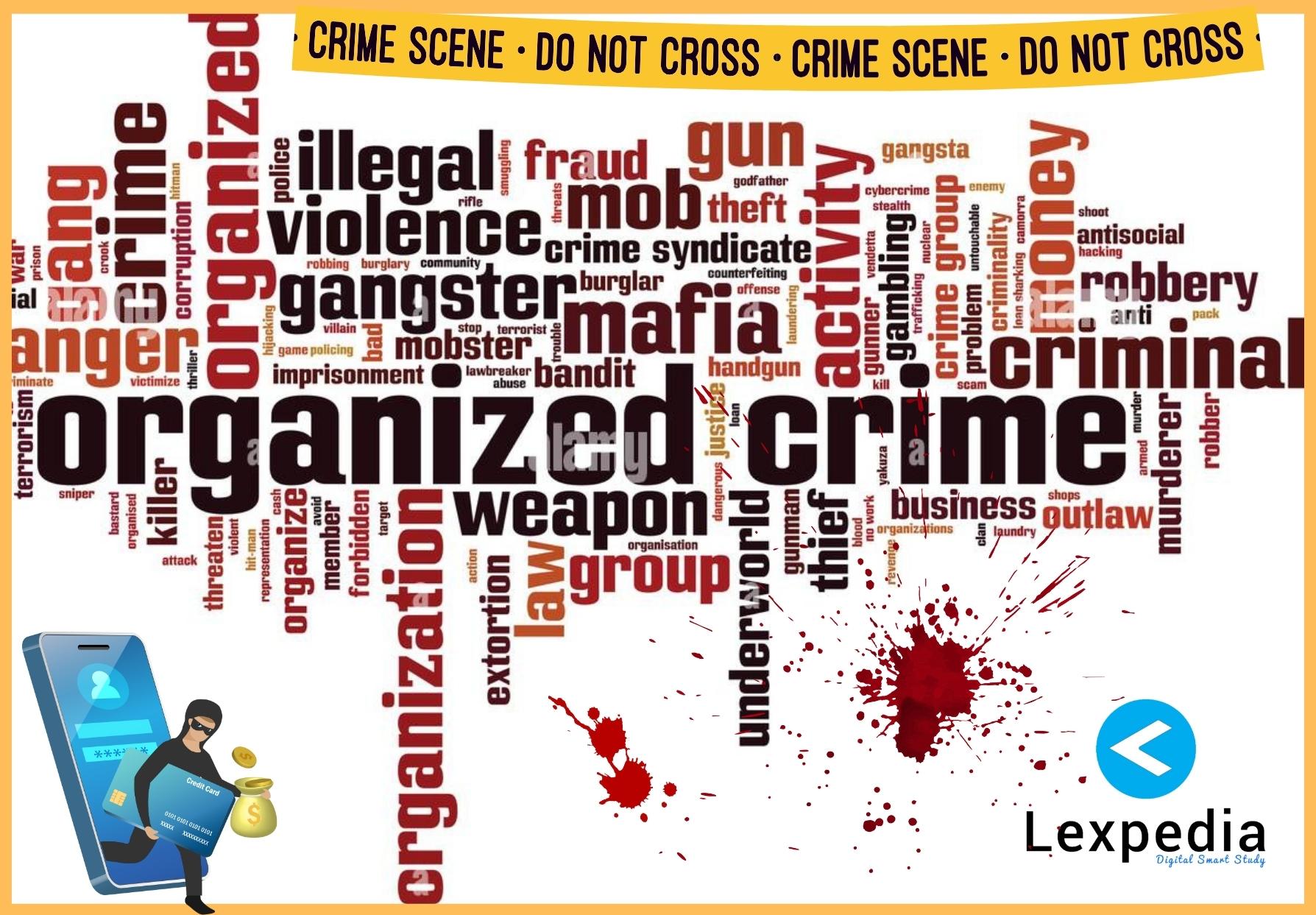
Importance of Communication Skills for Legal Professionals
- Lexpedia
- September 4, 2023
- 4:44 pm
Share Post :
Introduction: Communication is the process of exchanging information, ideas, and thoughts between individuals or groups. It involves the transmission of messages through a variety of channels, including verbal and nonverbal cues, written documents, visual aids, and technology. Effective communication requires not only the ability to transmit messages but also the ability to receive and interpret them accurately.
Communication can take many forms, including interpersonal communication (between two or more people), mass communication (broadcasted to a large audience), and organizational communication (within a business or organization). Communication is a fundamental human activity that is essential for social interaction, relationship-building, and problem-solving.
Communication can be impacted by various factors, including language, culture, context, and individual differences. Effective communication requires clarity, active listening, empathy, and respect for others. In today’s digital age, communication has become increasingly complex, and individuals must be proficient in a variety of communication methods to be effective in their personal and professional lives.
Importance of communication skills for legal professionals: Communication skills are vital for legal professionals, as effective communication is necessary to perform their duties effectively. Here are some reasons why communication skills are important for legal professionals:
Advocacy: Lawyers must advocate for their clients, and effective communication is critical for persuading judges, juries, and other stakeholders.
Client Relationships: Communication is the key to building strong relationships with clients. Lawyers must be able to communicate legal concepts in a way that clients can understand and to provide clear and concise advice.
Negotiation: Negotiation is a key part of legal practice. Lawyers must be able to negotiate effectively with clients, opposing counsel, and other stakeholders to achieve a favourable outcome for their clients.
Writing: Legal professionals spend a significant amount of time writing, whether it’s drafting contracts, briefs, or other legal documents. Effective written communication is critical to ensure that legal documents are clear, concise, and accurate.
Persuasion: In legal proceedings, lawyers must be able to persuade judges, juries, and other stakeholders. Effective communication skills are critical for building a convincing argument and persuading others to see their point of view.
Conflict Resolution: Legal professionals must be able to manage conflicts effectively. Effective communication skills are critical for resolving disputes and negotiating settlements.
Courtroom Presentation: Legal professionals must present their cases in court and effectively communicate their arguments to the judge and jury. Communication skills such as body language, tone of voice, and clarity of speech can greatly impact the effectiveness of their presentation.
Interpreting Legal Language: Legal professionals must interpret legal language and jargon, and then translate that information into understandable terms for their clients. Effective communication skills are crucial to ensure that clients understand the implications of legal documents and decisions.
Ethical Responsibility: Communication skills are critical for legal professionals to fulfil their ethical responsibilities. They must communicate with honesty, integrity, and respect, and ensure that their clients are informed about all aspects of their legal cases.
Continuing Education: Legal professionals must stay up-to-date on legal developments and changes. Communication skills are essential for acquiring new knowledge and skills through continuing education, seminars, and conferences.
How legal communication differs from normal communication: Legal communication differs from normal communication in several ways, including:
Use of legal terminology: Legal communication uses specialized terminology, jargon, and legal concepts that may not be familiar to individuals outside the legal profession. Legal professionals must be skilled in interpreting legal language and translating it into plain language for their clients.
Formal tone: Legal communication often requires a formal and professional tone, particularly in written documents such as contracts, briefs, and legal opinions.
Audience: Legal communication is often directed towards specific audiences, such as clients, judges, juries, and opposing counsel. Legal professionals must be able to tailor their communication style to the intended audience and communicate in a way that is appropriate for that audience.
Purpose: Legal communication is often intended to achieve a specific legal objective, such as persuading a judge or jury, negotiating a settlement, or drafting a legal document. The purpose of legal communication is often different from normal communication, which may be intended for social or personal purposes.
Regulations: Legal communication is subject to regulations and ethical standards that do not apply to normal communication. Legal professionals must adhere to rules governing attorney-client privilege, confidentiality, and other legal requirements.
Use of written documents: Legal communication often involves the use of written documents, such as contracts, briefs, pleadings, and legal opinions. These documents must be precise, accurate, and free from ambiguity. Legal professionals must be skilled in drafting and interpreting these documents.
Importance of clarity: Legal communication must be clear and unambiguous, particularly in situations where legal consequences are at stake. Legal professionals must be skilled in communicating complex legal concepts in a way that is easily understandable to their clients and other stakeholders.
Formal procedures: Legal communication is often governed by formal procedures, such as court rules and regulations. Legal professionals must be familiar with these procedures and follow them closely to ensure that their communication is effective and complies with legal requirements.
Use of evidence: Legal communication often involves the use of evidence to support legal arguments. Legal professionals must be skilled in presenting and interpreting evidence in a way that is persuasive to judges, juries, and other stakeholders.
Importance of accuracy: Legal communication must be accurate and based on sound legal principles. Legal professionals must be skilled in researching legal issues and interpreting legal sources, such as case law, statutes, and regulations.
Thus, legal communication differs from normal communication in several ways, including language, tone, audience, purpose, regulations, use of written documents, the importance of clarity, formal procedures, use of evidence, and importance of accuracy. Legal professionals must be skilled in communicating effectively while also adhering to professional standards and ethical guidelines. Effective legal communication is essential for achieving legal objectives, building relationships with clients, and promoting justice and fairness in the legal system.
Conclusion: In conclusion, communication skills are fundamental to legal professionals in all aspects of their work, including advocacy, negotiation, conflict resolution, writing, and client relationships. Strong communication skills can differentiate a successful lawyer from an average one, and can significantly impact their ability to serve their clients effectively. Legal professionals who are committed to improving their communication skills are more likely to achieve better results and build a successful legal career.

















